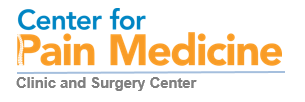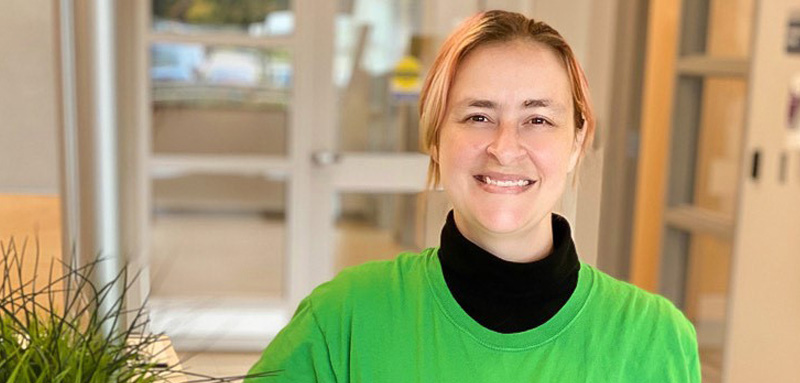Amber Fable’s debilitating cramps petrified her during her “time of the month.”
Starting in 2010, Fable struggled with menstrual pain that registered to the power of 10. After being diagnosed with irritable bowel syndrome, she sought a second opinion.
The doctor told Fable, then 24, that she had the worst case of endometriosis he had ever seen.
Fable is among the 6.5 million Americans with endometriosis. According to the Office on Women’s Health, this long-term condition occurs when tissue similar to the lining inside the womb grows outside the womb and other areas where it does not belong. It can cause inflammation, scar tissue and adhesions as well as cause problems in the bladder and intestines.
Over the next five years, Fable tried several treatments to combat pain. She underwent laparoscopic surgery, followed by one year of lupron injections, then yearly ablation surgery to burn off endometriosis.
“I went from being so active to a barely-get-out-of-bed person who needed narcotics,” Fable says.
Fable moved from California to Fargo, N.D., in 2016 to get a fresh start. When she turned 30, she decided she wanted to try to have a child. Against all odds, she and her partner, Kristoffer, welcomed their son, Theo, in November 2017. Fable became a stay-at-home mom and underwent two painful nerve blocks to try to manage her relentless pain.
In June 2019, Fable opted for excision surgery to cut the endometriosis out of her body. For the next six months, her pain dipped from a constant 10 to a seven. And Fable started a new job (with heavy weight restrictions) at Club Kids, a drop-in daycare in Fargo.
She remembered seeing the construction of the Center for Pain Medicine in South Fargo on her work commute in 2016. Betting the new facility would have the latest in pain medicine, Fable met with Dr. Majid Ghazi, a board-certified anesthesiologist and interventional pain physician.
Ghazi performed a thorough examination and offered Fable a new treatment option: neuromodulation therapy.
This therapy uses implanted medical device technology to interrupt or modify the pain signals originating from the spinal area before the brain is able to interpret the message. It provides greater pain control than narcotics and eliminates common opioid side effects such as constipation, drowsiness and mental cloudiness.
“Chronic abdominal and pelvic pain is a very complex condition, which at times can be extremely difficult to treat,” Ghazi says. “Conservative and surgical treatments are usually associated with mixed results. Recent studies have shown spinal cord stimulation is a highly effective option to treat this condition.”
The surgery is a two-part procedure. First, a trial run is performed in a sterile environment, where (wire) leads are placed through the skin and up the spinal column. Patients are under intravenous sedation, known as conscious sedation. Staff from Boston Scientific, the company that manufactures the device, programs the equipment.
Fable underwent the trial in March 2020 and experienced her first five pain-free days in a decade. She even got down on her hands and knees and cleaned tile with a toothbrush.
After Covid-19 restrictions were lifted, Fable underwent the implantation in May 2020.
“I am virtually pain-free, except for the normal pains of a 33-year-old,” Fable says.
“I went from having 10-out-of-10 pain for the last decade—a shadow of my former self—to having my life given back to me by a device the size of a silver dollar,” Fable says.
Read more about regenerative treatment therapies available at Center For Pain Fargo or call 701-551-6980 to schedule your consultation.
 Buy Real Xanax Buying Xanax In Mexico Buy Name Brand Xanax Online Alprazolam Cheap
Buy Real Xanax Buying Xanax In Mexico Buy Name Brand Xanax Online Alprazolam Cheap


Recent Comments